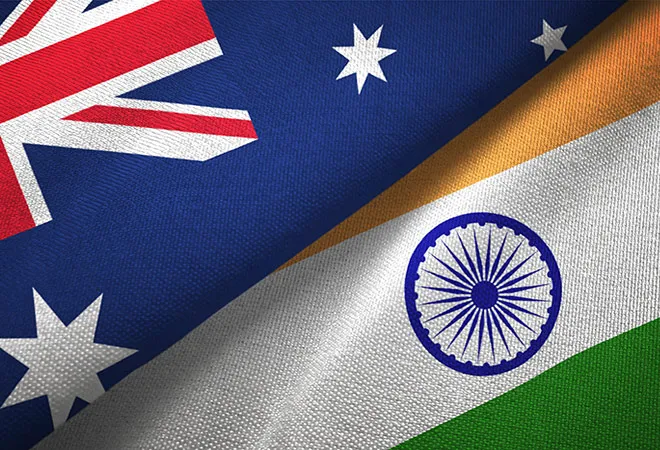As avid explorers, we understand that part of the thrill of travelling lies in experiencing diverse cultures and traditions. However, with this privilege comes the responsibility to respect the customs and norms of the places we visit. Today, we’re sharing invaluable travelling tips and travel ideas to help you navigate different cultural landscapes with grace and respect. From Japan’s unique service culture to the importance of modesty in the United Arab Emirates, our guide is packed with travel etiquette essentials that every traveller needs to know.
1. Japan: The Art of Service Without Tipping
In Japan, the service industry operates on the principle that exceptional service is a standard part of your experience. Workers take great pride in providing top-notch service as part of their job and do not expect extra compensation in the form of tips. Offering a tip can actually cause confusion or embarrassment, as it disrupts this cultural norm. Instead, express your gratitude with a heartfelt “arigatou gozaimasu” (thank you very much).
2. Thailand: Reverence for the Royal Family
The Thai monarchy is deeply revered, and any form of disrespect towards the royal family is not just frowned upon but is also punishable by law. This extends to spoken words, social media posts, and even defacing currency that bears the image of the monarch. When discussing the royal family, it’s best to do so with respect or not at all.
3. Italy: Coffee Etiquette
Coffee culture in Italy is steeped in tradition, and one of the cardinal rules is the timing of your coffee order. A cappuccino, being rich and milky, is considered a morning beverage, perfect for starting the day. Ordering one after 11 AM or, heaven forbid, after a meal, might earn you a surprised look from the barista, as Italians typically switch to espresso later in the day.
4. United Arab Emirates: Modesty in Affection
Public displays of affection, such as kissing or hugging between couples, are considered inappropriate in the UAE and other conservative countries in the region. This is in line with the Islamic traditions that govern public decorum. It’s wise to keep affectionate gestures private to avoid legal issues.
5. Singapore: A Cleanliness Crusade
Singapore’s reputation for cleanliness is no accident. Strict laws against littering, spitting, and other forms of public uncleanliness are rigorously enforced, with hefty fines and even corrective work orders for violators. This commitment to public cleanliness is something every visitor should respect and uphold.
6. Korea: Shoes Off, Respect On
In Korea, removing your shoes before entering someone’s home is a sign of respect. This practice extends to certain traditional restaurants and other spaces. It’s rooted in the desire to keep indoor spaces clean and free from outside dirt. Observing this rule is a simple yet profound way to show respect for Korean customs. Additionally, when receiving a gift or an object of importance, using both hands as a sign of respect and gratitude is appreciated.
7.France: The Politeness Protocol
Politeness is key in French society, and this extends to everyday interactions in shops, cafes, and markets. A simple greeting (“Bonjour”) and farewell (“Au revoir”) can transform your service experience, marking you as a courteous and respectful guest.
8. Australia: Beach Safety First
Australia’s beaches are iconic but can also be hazardous. Lifeguards mark safe swimming areas with flags and provide warnings about potential dangers like riptides or marine life. Paying heed to these warnings ensures your beach experience is both enjoyable and safe.
9. Germany: Respect for Pedestrians
In Germany, traffic laws, including those for pedestrians, are strictly observed. Jaywalking, especially in the presence of children, is a serious breach of civic responsibility. Waiting for the pedestrian light not only keeps you safe but also respects the societal value placed on rule-following.
10. Canada: The Culture of Apology
In Canada, saying “sorry” is almost reflexive and is considered polite, even if you’re not at fault. This practice is so ingrained that there’s even a “Apology Act” to clarify that an apology is not an admission of guilt. When in doubt, a quick “sorry” can ease most social bumps.
In India Cultural practices in India dictate the use of the right hand for eating and greetings, as the left hand is traditionally associated with personal hygiene. This is a deeply ingrained norm across many parts of the country, so adhering to it shows respect for local customs.
Follow our thewanderingstarpage to discover more helpful travelling tips & make you travel anywhere everywhere easy for an easy & free travel
Understanding and respecting these cultural nuances not only enriches your travel experience but also fosters positive interactions between visitors and locals. As you journey across the globe, remember that being a mindful and respectful traveler opens doors to deeper connections and authentic experiences.



